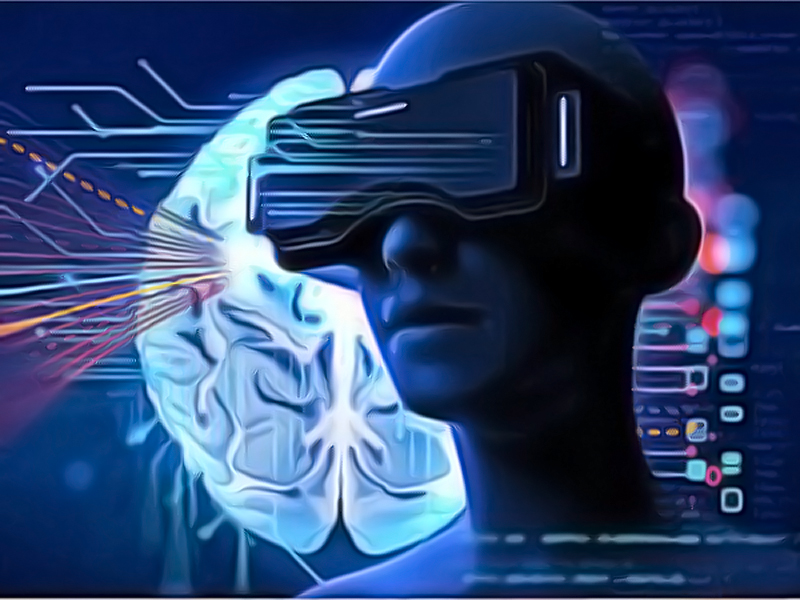The ever-growing influence of artificial intelligence (AI) in the gaming industry shows no signs of slowing down, according to Masaaki Fukuda, Vice President of Japan’s largest AI start-up, Preferred Networks. Fukuda, formerly involved in building the PlayStation Network at Sony, believes that the current AI trend is unstoppable, heralding a tidal wave of transformation in digital content creation. His company is now collaborating with Crypko, an AI-powered anime creator, which offers character illustrations at a fraction of the traditional outsourcing cost.
Crypko’s innovative solution provides character illustrations for a flat monthly fee, drastically reducing expenses that could reach ¥100,000 per artwork. While human artists are still needed to finalize the AI-generated content, Fukuda asserts that the company continually improves the AI tool and aims to overcome most imperfections within a few years.
The demand for such AI-generated content has surged over the years, particularly in mobile games. Yuta Hanazawa, a former Touken Ranbu producer with 25 years of industry experience, recognizes the immense potential of AI in revolutionizing game illustration creation. He established AI Works, a company focused on selling machine-drawn game illustrations, which requires some human touch but is significantly faster and more cost-effective than traditional artist-hiring methods. AI Works has already provided art for undisclosed projects, charging half the industry’s usual price.
Hanazawa believes that AI is a game-changer that will reinvigorate the gaming industry by freeing developers from the burden of graphic mass-production. This newfound freedom will empower publishers to take more risks, enable creators to unleash their creativity, and offer users a broader range of game choices.
AI is also making its mark as an invaluable in-house tool. Gala Sports, for example, utilized publicly available AI services to build internal toolkits for rendering realistic 3D head models at a fraction of the previous cost and time. AI-driven efficiencies are not limited to graphics, as the company’s dedicated team is exploring AI applications in coding, design, and customer service.
However, the growth of AI in the gaming industry comes with a downside—the potential loss of jobs. Industry executives, while hesitant to discuss the matter publicly, foresee significant job displacements. Roles such as quality control, debugging, customer support, and translation could be entirely replaced by AI automation.
In a display of AI’s capabilities, Tokyo-based Morikatron showcased an entire AI-generated game called “Red Ram,” a murder mystery simulator. The game leveraged AI-powered content generation tools to create an infinite array of art and text assets based on a player’s prompts. The realization of such a game without AI’s power would have been practically impossible, according to Yukihito Morikawa, the founder of Morikatron.
In conclusion, AI is undeniably reshaping the gaming industry, driving cost efficiencies, sparking creativity, and enabling new possibilities. While this technological advancement promises numerous benefits, it also raises concerns about job displacement. As the industry continues to embrace AI, it will need to navigate these challenges responsibly and ethically, ensuring a balanced and sustainable future for both AI and human talent in the gaming landscape.





